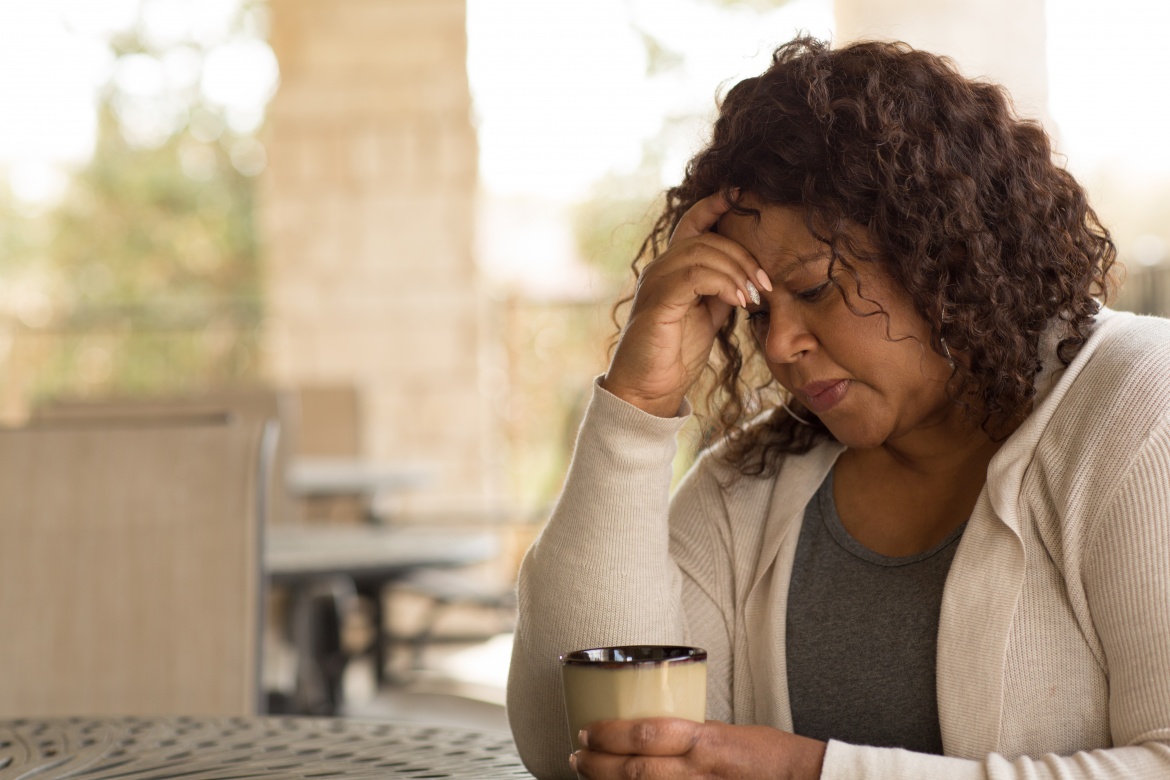What is Depression?
Overview and Symptoms
Feeling sad is a normal part of life. So how is depression different? Depression (major depressive disorder or clinical depression) is a common but serious mood disorder. It causes symptoms that affect how you feel, think, and handle daily activities, such as sleeping, eating, or working. To be diagnosed with depression, the symptoms must be present for at least two weeks. Remember, depression is a disorder of the brain, just like heart disease is a disorder of the heart! Though it can be difficult to manage depression, it is very treatable. Depression is diagnosed based on symptoms or problems you might be having.
If you have been experiencing some of the following signs and symptoms most of the day, nearly every day, for at least two weeks, you may be suffering from depression:
|
|
Not everyone who is depressed experiences every symptom. Some people experience only a few symptoms while others may experience many. The severity and frequency of symptoms and how long they last differ between people and their particular illnesses.
Risk Factors
Depression is one of the most common mental health disorders in the United States.
Depression appears to be caused by an interaction of genetic, biological, environmental, and psychological factors. Because of all the contributing factors, no two people have the same experience with depression!
Depression can happen at any age, but often begins in adulthood. Depression is now recognized as occurring in children and adolescents, although it sometimes presents with more prominent irritability than low mood. Many chronic mood and anxiety disorders in adults begin as high levels of anxiety in children.
Depression, especially in midlife or older adults, can co-occur with other serious medical illnesses, such as diabetes, cancer, or heart disease. These conditions may be worse or more difficult to treat when depression is present. Sometimes medications taken for these physical illnesses may cause side effects that contribute to depression. In older adults, sometimes depression may occur alongside memory problems.
Treatment and Therapies
Because no two people are affected the same way by depression, there is no "one-size-fits-all" for treatment. It may take some trial and error to find the treatment that works best for you. Some people may require a combination of approaches. You might not feel better right away, but that does not mean you will never feel better. Some people with more severe symptoms may require more time to fully improve.
Medication called antidepressants can work well to treat depression. They can take 4 weeks or longer to work. Antidepressants can have side effects, but many side effects may lessen over time. If you are taking antidepressant medications, talk to your health care provider about any side effects that you have. Do not stop taking your antidepressant without first talking to your health care provider.
Psychotherapy is a treatment that involves both talking with someone one-on-one or in a group and making important life changes outside of the office. Psychotherapy helps by teaching new ways of thinking and behaving and changing habits that may be contributing to depression. Therapy can help you understand and work through difficult relationships or situations that may be causing your depression or making it worse.
Electroconvulsive therapy (ECT) and other brain stimulation therapies may be an option for people with severe depression who do not respond to antidepressant medications. ECT is the best studied brain stimulation therapy and has the longest history of use. Transcranial Magnetic Stimulation (TMS) is a new brain stimulation therapy that does not require anesthesia.
Things You Can Do to Help Avoid or Manage Depression
Here are other tips that may help you or a loved one during treatment for depression:
- Try to be active and exercise.
- Set realistic goals for yourself.
- Try to spend time with other people and confide in a trusted friend or relative.
- Try not to isolate yourself, and let others help you.
- Expect your mood to improve gradually, not immediately.
- Postpone important decisions, such as getting married or divorced, or changing jobs until you feel better. Discuss decisions with others who know you well and have a more objective view of your situation.
- Continue to educate yourself about depression.
Information on this page modified from guidance from the National Institute of Mental Health: https://www.nimh.nih.gov/health/publications/depression/index.shtml
